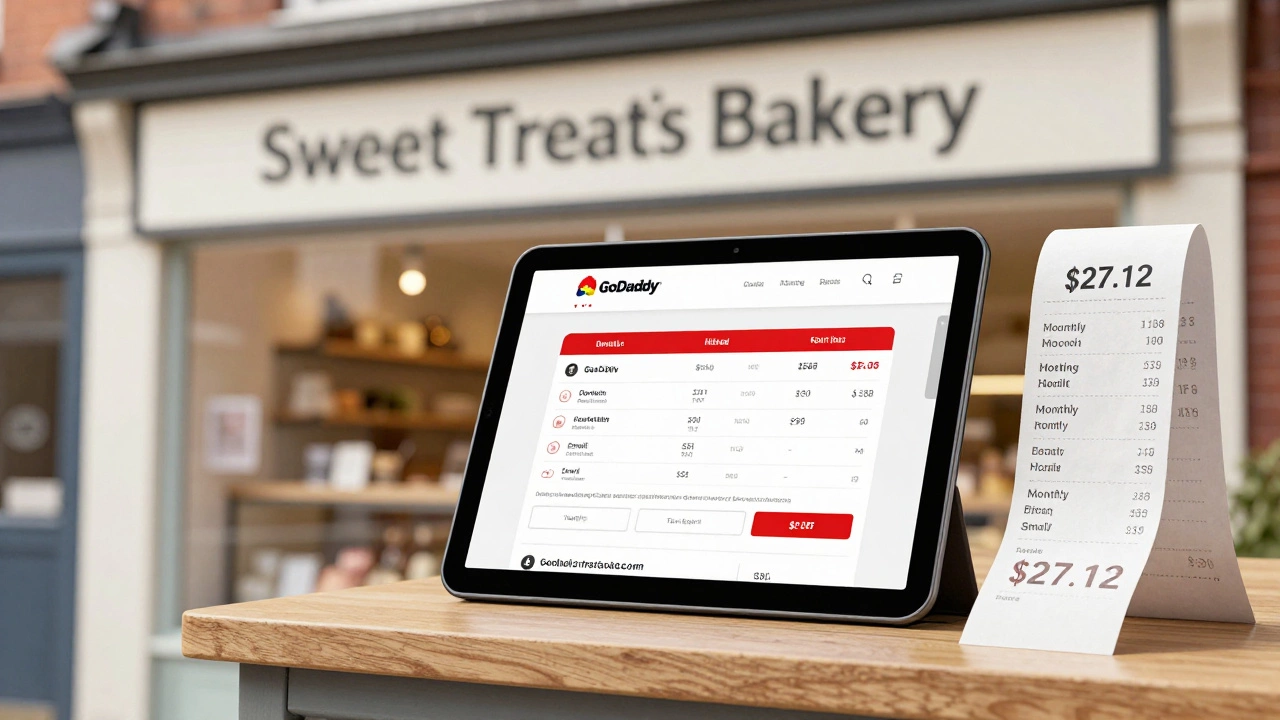When you type a web address, a server somewhere is sending the pages to your browser. That server is what we call web hosting. Think of it as renting space on the internet so people can visit your site anytime. Without hosting, your beautiful design stays on your computer and never sees the world.
The right host keeps your site fast, safe, and online 24/7. A slow site drives visitors away, and a site that crashes every few hours hurts your reputation. Good hosts also back up your files, protect against hacks, and give you tools to add email or a database. In short, hosting is the backbone that lets your content do its job.
Free hosting sounds great, especially if you’re just testing an idea. It usually comes with limited storage, bandwidth caps, and forced ads. You also get less control over server settings, which can limit plugins or custom code. Paid hosting costs money, but you get more speed, stronger security, and dedicated support. For a business site, the extra cost often pays off in reliability and credibility.
If you’re on a tight budget, start with a reputable free tier like the Google Cloud free offer or a low‑cost shared plan. As traffic grows, move to a mid‑range VPS or managed WordPress host. The switch is usually painless, and you avoid the headaches of outgrowing a cramped free server.
Choosing a plan boils down to three questions: How much traffic do you expect? Do you need special software like WordPress, Magento, or custom databases? And how comfortable are you with handling technical issues? If you answer “low traffic,” “standard CMS,” and “not a tech geek,” a shared or managed plan is a safe bet. If you need higher performance or custom server tweaks, look at VPS or dedicated options.
Don’t forget extra costs. Some hosts charge for SSL certificates, backups, or email accounts. Look for hosts that bundle these items for free—it saves you time and money. Also, check the renewal price; many providers offer a low introductory rate that jumps up after the first year.
Finally, read reviews and test the support. A quick chat or ticket response can tell you if the host will be helpful when something goes wrong. Good support means less downtime and fewer headaches for you.
With these pointers, you can pick a web host that fits your budget, performance needs, and technical skill level. The right host lets your site run smoothly, stays secure, and scales as your business grows.

GoDaddy website costs start low but add up fast with hidden fees for domains, builders, and add-ons. Learn the real 2025 prices and how to build a cheaper, better site.
Read More
Discover the true cost of domain names in 2025, from first-year discounts to renewal fees, hidden charges, and tips for getting the best deal.
Read More
Confused about web hosting? Get the whole picture. This guide explains how website hosting works, why it matters, and how to pick the right plan.
Read More
Wondering if running a website is expensive in 2025? Get all the facts, breakdowns, and money-saving tips for every type of site owner—business or beginner.
Read More
Wondering if you can host your website for free with Google? This article breaks down the real options Google offers, the differences between 'hosting' and 'website builders,' plus smart ways to get started with almost zero cost. You'll get practical advice, tips to avoid common traps, and step-by-step guidance. No fluff, just what works, what doesn't, and what to watch out for. Perfect for both beginners and curious tinkerers.
Read More
Wondering if your phone can run a website? This article breaks down how hosting a site from your mobile actually works, what you need to get started, and the headaches you might face. You’ll find out the real pros and cons, plus some hands-on tips that go beyond the obvious. Whether you’re curious, tight on cash, or just want to experiment, here’s the plain truth about phone hosting.
Read More
Discover the world of free website hosting, and find out if it's the right choice for you. This guide dives into the benefits and limitations of free hosting services, exploring popular platforms and security considerations. Learn practical tips for managing your website effectively on a budget, and uncover alternatives that offer more control and flexibility. Make an informed decision about the best hosting option for your needs.
Read More
Setting up a basic website doesn't need to empty your pockets. This guide explores the key factors influencing the cost of starting a modest online presence, offering ideas on breaking down expenses, utilizing free or low-cost hosting services, and weighing additional options such as domain registration or design customization. Learn how to effectively balance between accessibility and quality, ensuring your website serves its purpose without skyrocketing cost.
Read More
Exploring whether Google provides free website hosting can be an adventure. This article dives into the possibilities and limitations of Google's hosting options. It covers how users can leverage Google's services for website hosting without spending a dime and whether there are hidden catches. Readers will also discover alternatives to Google's free hosting and get acquainted with helpful hosting tips. If you're considering Google for your hosting needs, this piece sheds light on everything you need to know.
Read More
Choosing whether to pay for professional website hosting or opt for a free option can significantly impact your site's performance and reliability. Paid hosting services provide advantages like enhanced security, greater bandwidth, and technical support. Considering your website's purpose and traffic can guide your decision. Investing in professional hosting can be beneficial for businesses seeking a dependable online presence. Before deciding, weigh the pros and cons carefully to find the best fit for your needs.
Read More
Running a website traditionally involves using a hosting service to store, serve, and manage web content. However, it's possible to explore alternatives, such as self-hosting on personal servers or leveraging peer-to-peer networks. This comes with unique challenges, including technical resources, internet speed, and security concerns. Understanding the basics of hosting and exploring different options can empower individuals to choose the best solution for their needs. Discover how different web hosting solutions can impact the performance and accessibility of your online presence.
Read More